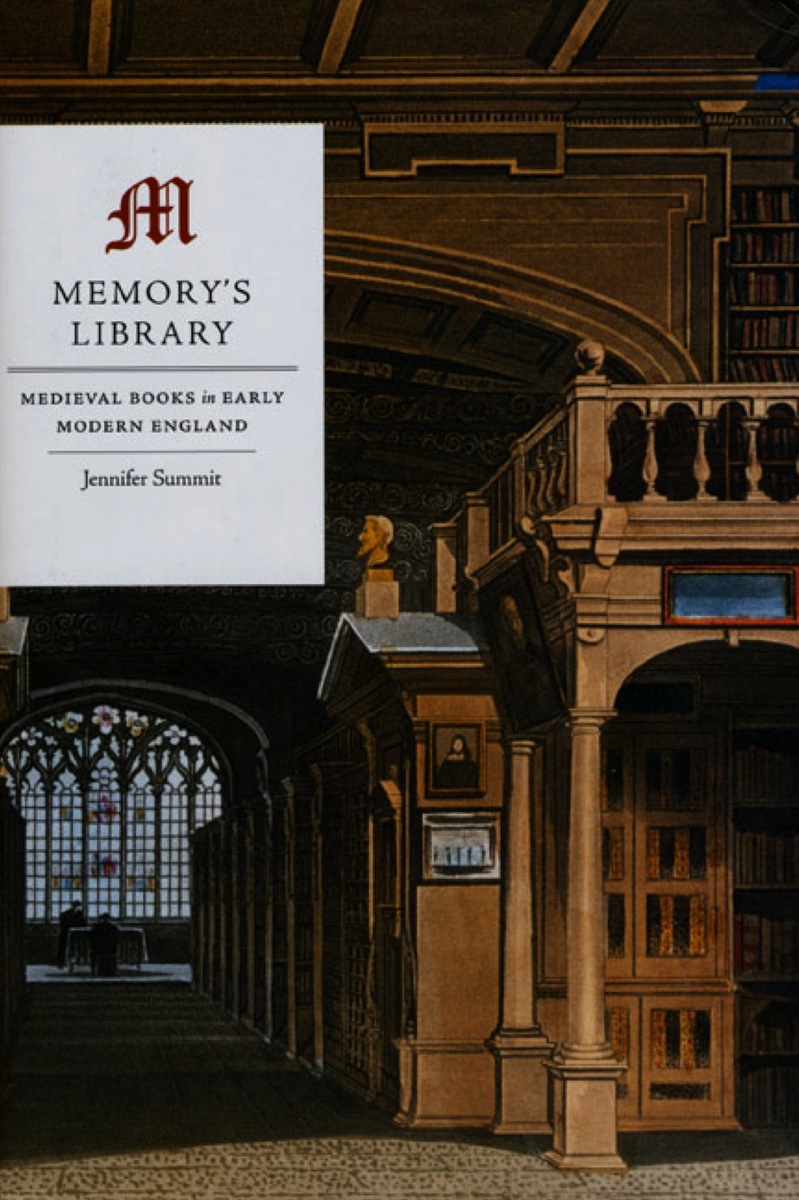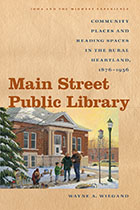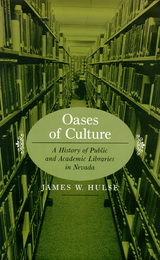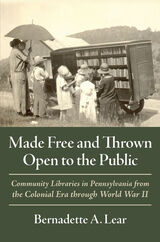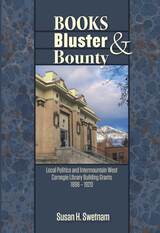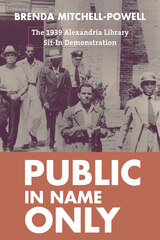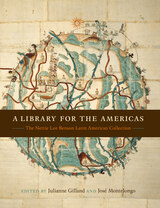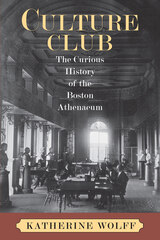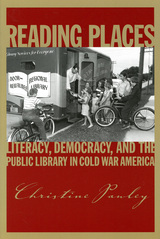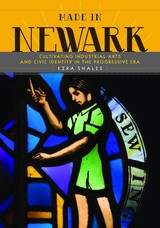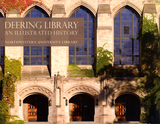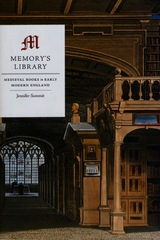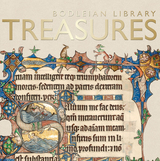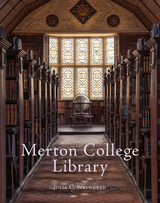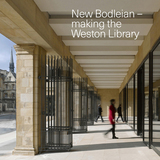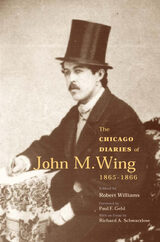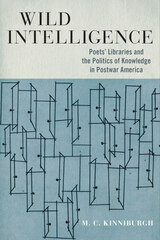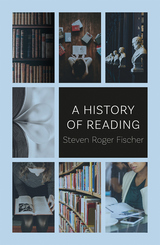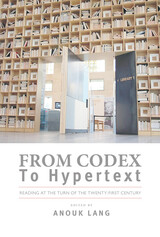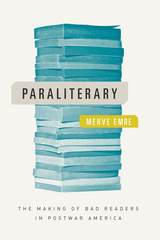“The early fifteenth century is not a great age of English literature: yet it inaugurates, Jennifer Summit argues, a process of great English library building that flourishes for two hundred years. It is a joy to encounter a book that restores the presence of medieval books as active agents within Renaissance culture through their power to disturb and provoke. And to learn how our own reading habits, as English-speaking moderns, have been decisively shaped by this singular history of collection, ruination, and reassembly. Memory’s Library is a brilliant, lucid, and generous book that deserves the widest possible audience.”
— David Wallace, University of Pennsylvania
“Memory’s Library is not (just) a history of important books and the powerful people who collected them. In Jennifer Summit’s erudite and elegant account, English libraries emerge as theaters of memory and agents of change, sites of conflict and commemoration that play a major role in the construction of the Middle Ages, the Renaissance, and modernity itself. It deserves a place on every scholar’s bookshelves.”
— William H. Sherman, University of York
“Jennifer Summit offers persuasive—and original—views of the role played by Renaissance librarians in seeking and defining scientific knowledge. With deft strokes, she paints a picture of how collecting medieval manuscripts helped humanist scholars create the concept of textuality we still live with. Without the librarians, Summit shows, literature, and knowledge generally, would look very different.”
— Stephen G. Nichols, Johns Hopkins University
"Original, supple, and eloquent, Memory's Library presents the tangible space of the library as an ephemeral space of reading and memory, and this marks its own transformation of English literary studies from a discipline fragmented by its very categories of analysis to one of continuity."
— William Kuskin, Publishing Research Quarterly
"Summit's wonderful monograph about the history of libraries provides a strong material basis for rethinking the traditional boundary between the Middle Ages and Renaissance."
— Studies in English Literature
"A stimulating and rewarding book, well calculated to make us rethink many aspects of the history of late medieval and early modern libraries."
— Elisabeth Leedham-Green, American Historical Review
"This painstaking study of the place of medieval manuscripts in the formation of the important libraries of England provides fresh insight into how primary sources have come down to us and gives us new ways to consider their origins. . . . A very important book that should be standard reading for scholars of literary and intellectual history. It establishes a critical agenda for studies in the history of the book for generations to come."
— William E. Engel, Seventeenth-Century News
"Original, erudite, supple, and eloquent, Memory's Library . . . presents the tangible space of the library as an ephemeral space of reading and memory. . . . The brilliance of Memory's Library lies in its synthesis, which suggests that the present is inextricably tied to the past."
— William Kuskin, Publishing Research Quarterly
"A huge achievement, a tour de force convincing the reader of its argument right from the start. . . . Her main achievement in the book is to demonstrate the premodern library's active role in textual culture, ensuring that it will be understood from now on as not simply a space in which books were stored and protected but one in which history was created. . . . [The book] should be on the shelves of not only historians of the medieval and early modern book but everyone fascinated by the way the past both shapes and is shaped by the present."—Gordon McMullan, Journal of British Studies
— Gordon McMullan, Journal of British Studies
